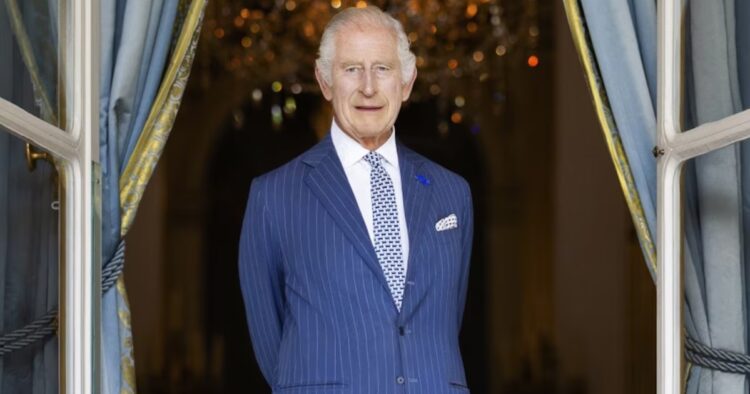King Charles III’s recent cancer diagnosis has brought renewed pressure on the British monarchy, which is still adapting after the lengthy reign of Queen Elizabeth II. As the king faces his health battle, questions arise about the monarchy’s relevance and its future.
Health Battle and State Duties: Buckingham Palace revealed on Monday that King Charles III has been diagnosed with cancer, prompting him to step back from public appearances while continuing his state duties. At 75 years old, he is grappling with his health while striving to maintain the monarchy’s standing in a modern, diverse nation.
Aging Monarch Challenges: Having ascended the throne relatively late in life, King Charles III faces the challenges of fulfilling his ceremonial duties amidst advancing age. Despite his commitment to service, the strain of royal engagements is significant, as seen with other aging monarchs like Denmark’s Queen Margrethe.
Shrinking Royal Workforce: King Charles III’s illness coincides with cost-cutting measures, including a reduction in the number of “working royals.” With him and his daughter-in-law, Princess Kate, sidelined due to health reasons, the royal family’s ability to maintain public engagement with charities and institutions is challenged.
Harry & Meghan’s Influence: The strained relationship between King Charles III and his son, Prince Harry, has been exacerbated by Harry and Meghan’s move to California and their departure from royal duties. However, Harry’s recent visit to the UK following his father’s cancer diagnosis raises hopes for reconciliation and family unity.
Monarchy’s Relevance in a Changing Society: In a multicultural and evolving society, King Charles III seeks to demonstrate the monarchy’s relevance by engaging with diverse communities and faith leaders. However, challenges persist as critics question the institution’s hereditary nature and advocate for a more representative form of governance.
Legacy of Empire and Addressing Historical Wrongs: The monarchy’s association with Britain’s imperial past and its involvement in the trans-Atlantic slave trade present ongoing challenges. King Charles III acknowledges these issues, opening royal archives for research and addressing historical injustices during state visits, such as his recent trip to Kenya.
As King Charles III confronts his cancer diagnosis and the challenges facing the monarchy, the future of the British royal family remains uncertain. Balancing tradition with adaptation to a changing world will be essential for maintaining its relevance and public support.

















Comments